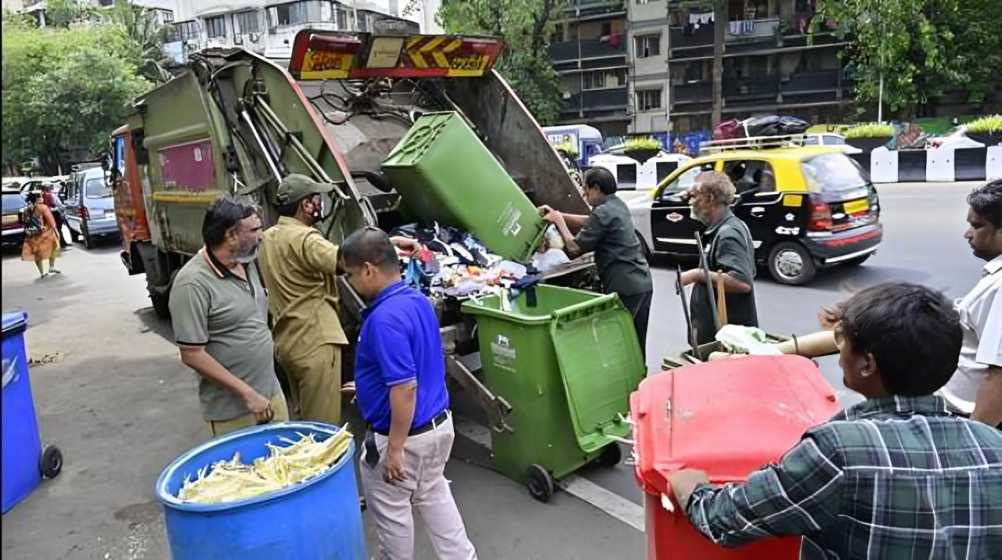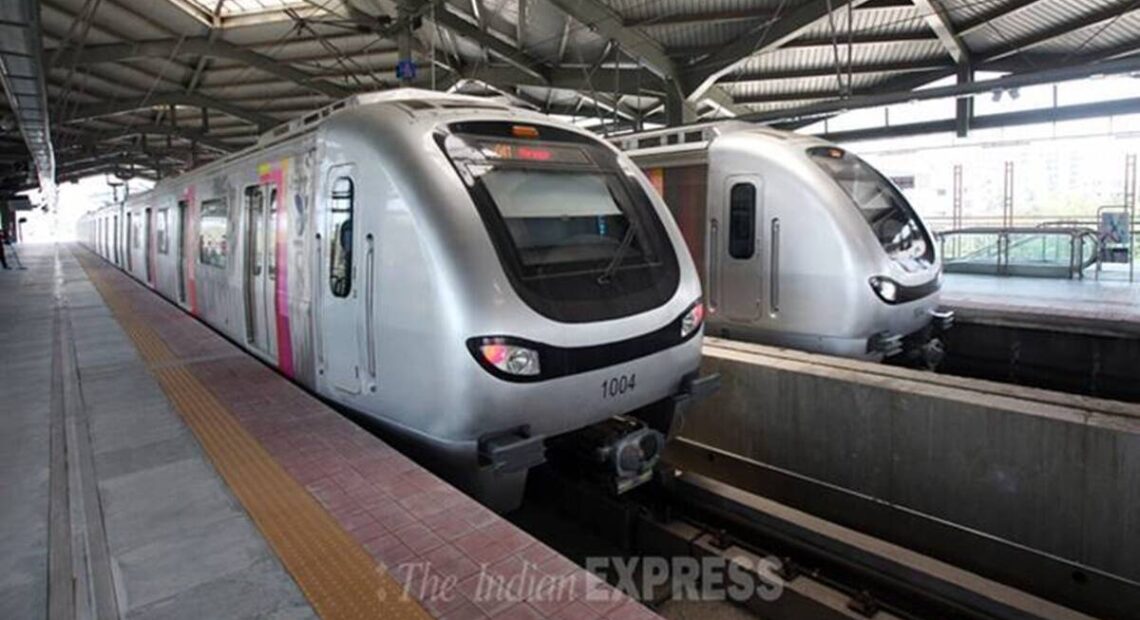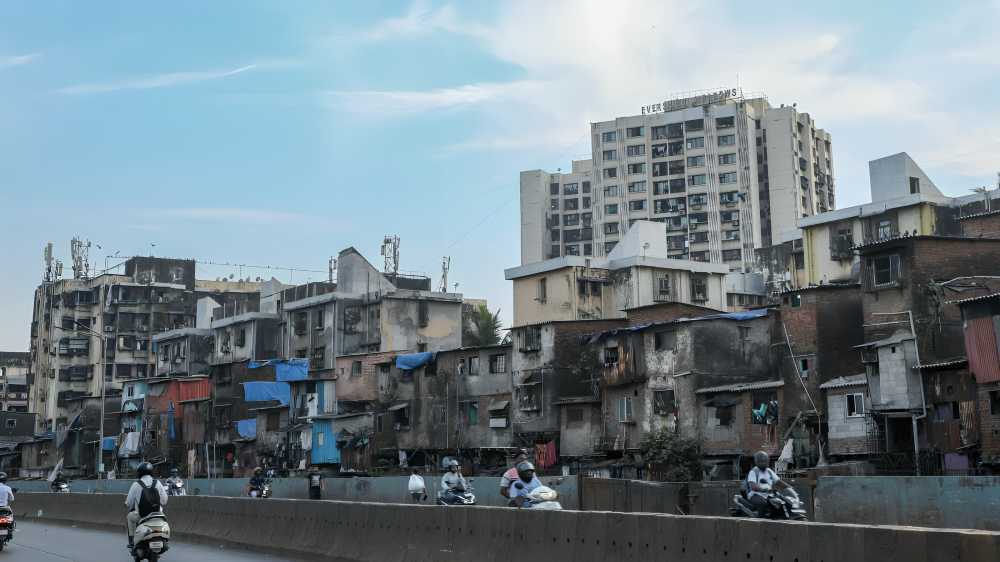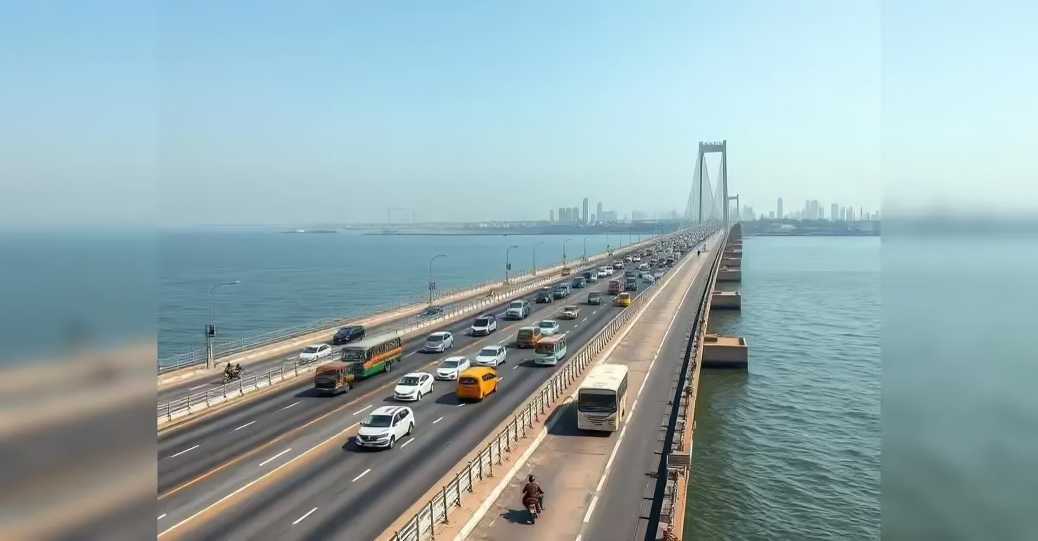Mumbai is on the brink of a transformative shift in its solid waste management (SWM) system. One of the most densely populated urban centres in the world, the city is grappling with mounting garbage, spiralling costs, and limited space. In response, the Brihanmumbai Municipal Corporation (BMC) is rolling out a comprehensive overhaul of its waste management practices, aiming to align with national standards and usher in a cleaner, more efficient future.
The last major update to Mumbai’s SWM byelaws came in 2006. Since then, national policies have introduced new rules governing plastic, e-waste, and construction debris. With the city lagging behind, the BMC released a draft of its revised SWM byelaws in April, inviting public feedback. The proposed reforms include mandatory waste segregation, penalties for non-compliance, and a user fee starting at ₹100 for households. While many of these measures have been partially implemented through previous circulars, their consolidation into law marks a significant step forward.
Perhaps the most contentious element is the introduction of the user fee. Although mandated under the Solid Waste Management Rules, 2016, implementation in Mumbai was delayed due to the COVID-19 pandemic and subsequent political instability. BMC officials argue the fee is necessary to support waste collection and disposal, stressing that it is not a tax but a dedicated charge for a specific service. Experts, however, emphasise the need for transparency on how the funds will be utilised.
Another notable shift is the move towards a service-based waste collection model. Currently, the BMC uses a hybrid system, hiring compactors from contractors while relying on municipal staff for collection and transport. Under the new model, contractors will provide vehicles, staff, bins, and grievance redressal systems. Payment will be made based on the weight of collected waste, rather than number of trips, reducing average costs per tonne and streamlining accountability.
Eight contractors will manage waste collection across Mumbai, with each responsible for two to three wards. This model, officials say, simplifies coordination and reduces public complaints. However, critics advocate for a decentralised approach that prevents waste from accumulating in a single location and promotes localised processing.
Labour unions have raised concerns about potential job losses under the new model. The BMC has assured that current workers will be retained, and their benefits protected. Importantly, contractors will also be tasked with raising awareness and encouraging household-level segregation—a critical component for effective waste reduction.
Pilot programmes have already begun, including voluntary collection of sanitary, pet, and electronic waste from housing societies and commercial premises. Additionally, the BMC plans to phase out community bins within five years.
To support increased segregation, the city’s 56 Dry Waste Segregation Centres (DWSCs) will be modernised. NGOs currently run these centres manually, but plans are underway to introduce mechanised sorting in select locations to boost efficiency and recycling capacity.
Mumbai’s waste management overhaul is ambitious and long overdue. Its success will depend on civic participation, contractor accountability, and the BMC’s commitment to transparency and education. With the right implementation, it could mark a turning point in the city’s journey towards sustainability.
Source: Mid-day





